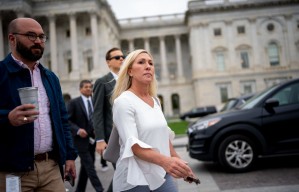The global economy is probably at one its lowest ebbs in recent years if the performances of the global markets are anything to go by and in such a situation, the policies of the central banks of the biggest economies have an extremely important role to play, simply because of the fact that their policies can have a huge impact on the markets. The central banks of United States, Japan, Switzerland and the United Kingdom are going to meet in the coming days and according to the latest reports, the central banks are going to stick to the stimulus programs that they had indulged in in the recent past.
Per Reuters, "While the U.S. Federal Reserve, Bank of England, Swiss National Bank and the Bank of Japan are all dealing with varying amounts or shortages of inflation, none are expected to act ahead of one of the biggest risk events of 2016.Britain's referendum on whether to remain in or leave the European Union has been creeping from the back to the front of investors' minds. During the last full week of campaigning before the June 23 vote, it may dominate most discussion. Janet Yellen's Fed has spent most of the past month or so dropping hints that a summer rate hike was on the way. However, disappointing May hiring data and a UK vote that is too close in the polls to have confidence in the outcome have toned down her message, making a rate rise on June 15 now highly unlikely."
Commerzbank economist Christoph Balz, wrote"Weak labour market data have messed up the carefully-prepared script for the Fed's next rate move. An interest rate rise at the meeting next week is off the table," He added, "However ... the U.S. labour market recovery is not over yet and a rate hike at the meeting in July is therefore still on the agenda." It seems these 4 central banks do not feel like surprising the markets in any way with radical changes at a time when it seems that the global economies might be on coarse for a recovery.








